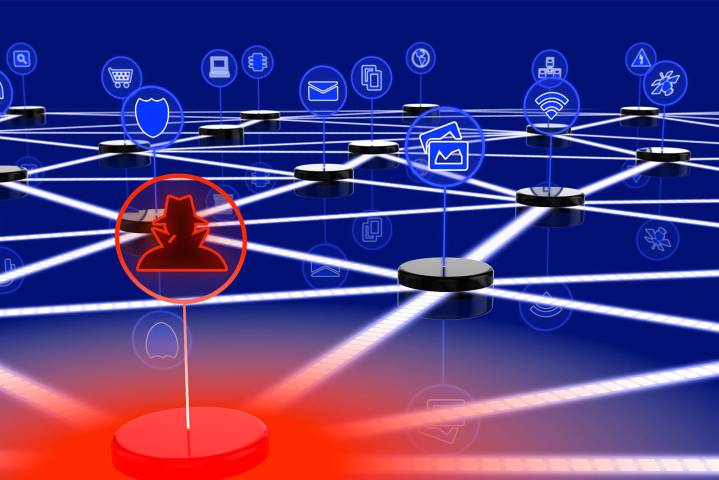Hackers launched a record-breaking distributed denial of service (DDoS) attack over the weekend, employing a network of botnets to make requests from over 30,000 IP addresses.
While that isn’t a big network of computers, the onslaught was able to exceed 71 million requests per second (rps), surpassing the previous record of 46 million rps set in June 2022 by 35%. This is what’s known as a volumetric attack that consumes the target website’s bandwidth by sending large amounts of data from multiple sources at once.
Last year’s DDoS attack persisted for over an hour, and Google Cloud Armor identified more than 5,000 IP addresses from 132 countries. The attack reported by CloudFlare was similar in that a small number of IP addresses pushed a massive number of requests to servers ranging from 50 million to 71 million rps.

The targets of the attacks were not named but generally identified as popular gaming, cryptocurrency, hosting, and cloud computing websites. CloudFlare notes that DDoS attacks are relatively inexpensive and easy to arrange, with DDoS-as-a-service platforms priced as low as $30 per month.
With readily available hacking services becoming cheap and accessible, the pressure is on to meet this challenge with stronger protections. HTTP DDoS attacks have increased by 79% year-over-year and volumetric attacks such as the recent record-setting barrage has grown by 67% in the last quarter.
Massive content delivery networks like CloudFlare are well aware of the issue and are constantly on guard to keep major websites running and critical infrastructure safe. As hacking efforts ramp up, protecting the internet will become more difficult.
As consumers, there is something that we can do to help prevent this problem. By keeping your computer’s operating system updated, as well as being wary of shady websites and cracked software, you can reduce the likelihood of getting a computer virus that might add your computer to a botnet.
Editors' Recommendations
- Microsoft confirms recent service outages were DDoS attacks
- This huge DDoS attack was one of the longest ever recorded
- Google just thwarted the largest HTTPS DDoS attack in history
- Hackers just launched the largest HTTPS DDoS attack in history
- Cloudflare just stopped one of the largest DDoS attacks ever



